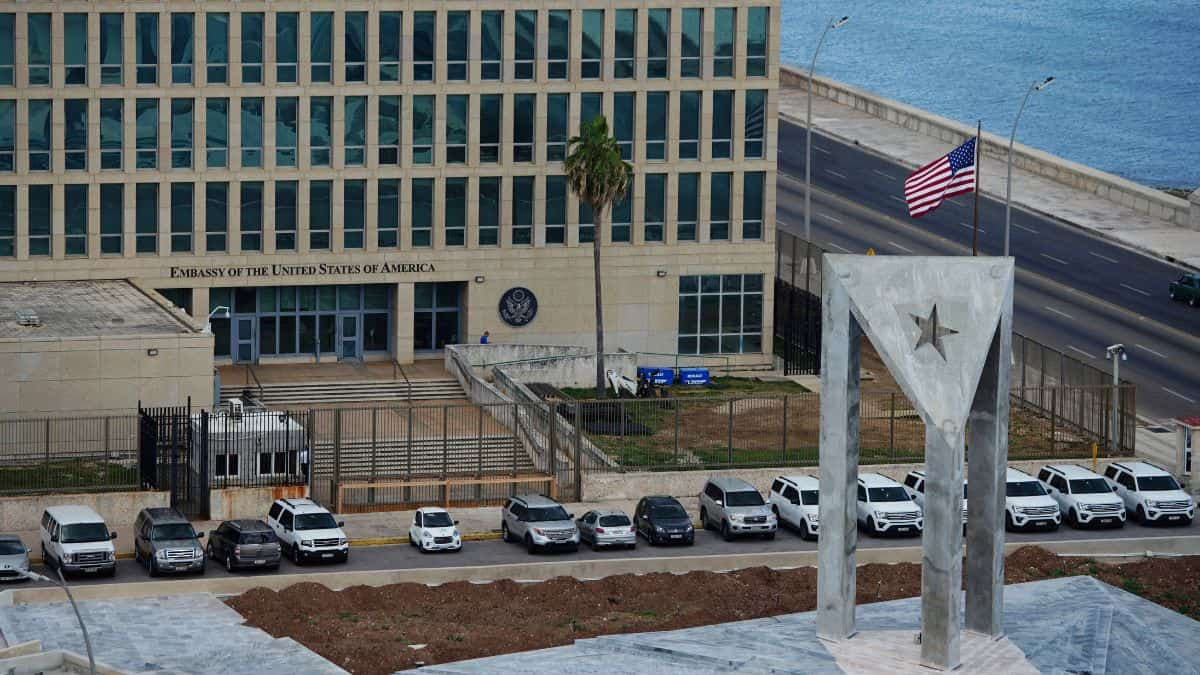Investigation into “Havana Syndrome” Symptoms
A recent study conducted by a United States government research team focused on federal employees experiencing symptoms of the “Havana syndrome” revealed interesting findings.
Study Participants and Tests
- The study involved military personnel stationed in China, Vienna, Cuba, and the United States.
- Participants underwent a series of tests including clinical, auditory, balance, visual, neuropsychological, and blood testing.
Key Findings
The research team from the National Institutes of Health (NIH) did not find conclusive evidence of brain injury among the 86 employees and their family members reporting health issues compared to a control group of healthy volunteers.
Symptoms of the “Havana syndrome” were first reported by US embassy officials in Cuba and later affected individuals worldwide, manifesting as hearing noise, head pressure, headaches, migraines, dizziness, and memory lapses.
Dr. Leighton Chan, the lead study author, emphasized the real and challenging nature of the symptoms experienced by the individuals.
Additional Tests and Results
In addition to the initial tests, participants underwent various MRI scans to assess brain volume, structure, and function.
Researchers found that a quarter of patients developed persistent postural-perceptual dizziness, along with higher levels of fatigue, post-traumatic stress, and depression compared to the control group.
The MRI brain imaging study results provided some reassurance, as no correlation was found between unusual symptoms and neurodegenerative changes.
US State Department Response
The US State Department is reviewing the NIH report, with Secretary of State Antony Blinken prioritizing the health, safety, and security of personnel and their families affected by what the department terms anomalous health incidents (AHI).
The department aims to ensure affected individuals receive respectful treatment, compassion, timely medical care, and entitled benefits.
















































